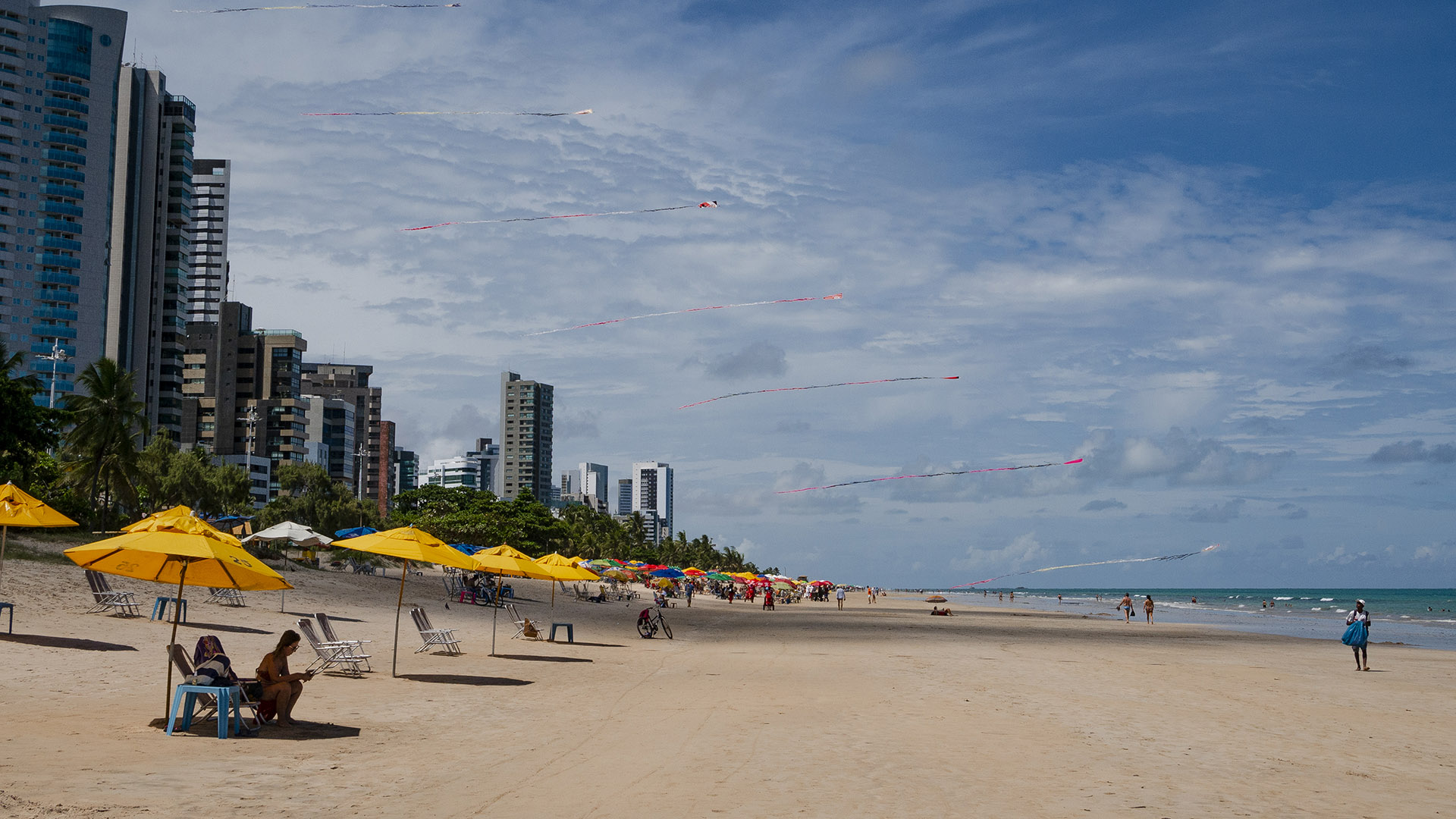
Decision Support Tools in Marine Spatial Planning: a cross vision between natural science and law
Taking profit of the simultaneous secondments of various Paddle consortium members at that period in Recife (Brazil), an interdisciplinary work was undertaken to analyse strengths and potential pitfalls of DST use in stakeholders negotiations. It allowed the preparation of a policy brief which main conclusions directed to large audience, including policy makers, are the following:
- Tropical and coastal countries are facing specific and urgent challenges regarding biodiversity crisis and climate change;
- DSTs provide an efficient way to make use of existing data and information;
- DSTs consist in a mathematical optimisation-based framework which allows scenarii simulation, relevant visualisations and make planning anticipation possible. Yet, a mathematical optimum is not necessarily a genuine ecological optimum.
- DSTs face several bias : data choice and processing especially in a data poor context, technical ‘black box’ aspect leading possibly to inefficient solutions, ethical challenge, or ocean grabbing processes.
- DSTs are only a technical tool that do not ambition to provide a unique solution but only support the decision process. DSTs cannot compensate a lack of stakeholder representation and do not substitute in any way the decision making process between stakeholders.